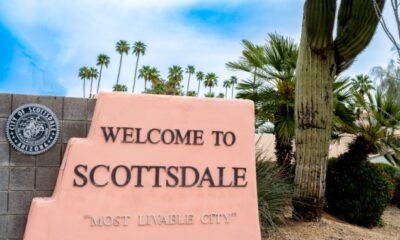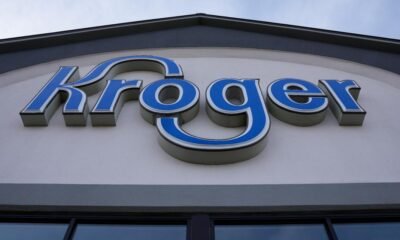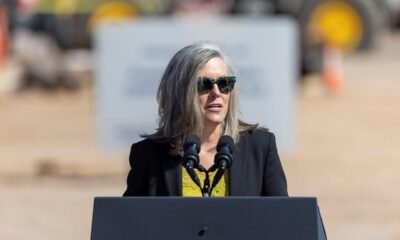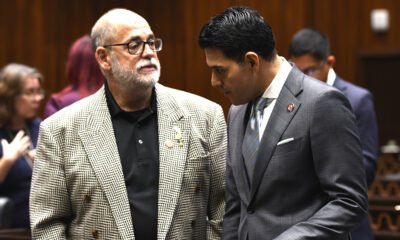arizona
Kroger and Albertsons Eye Merger Amidst Legal Hurdles from a Doubtful US Government
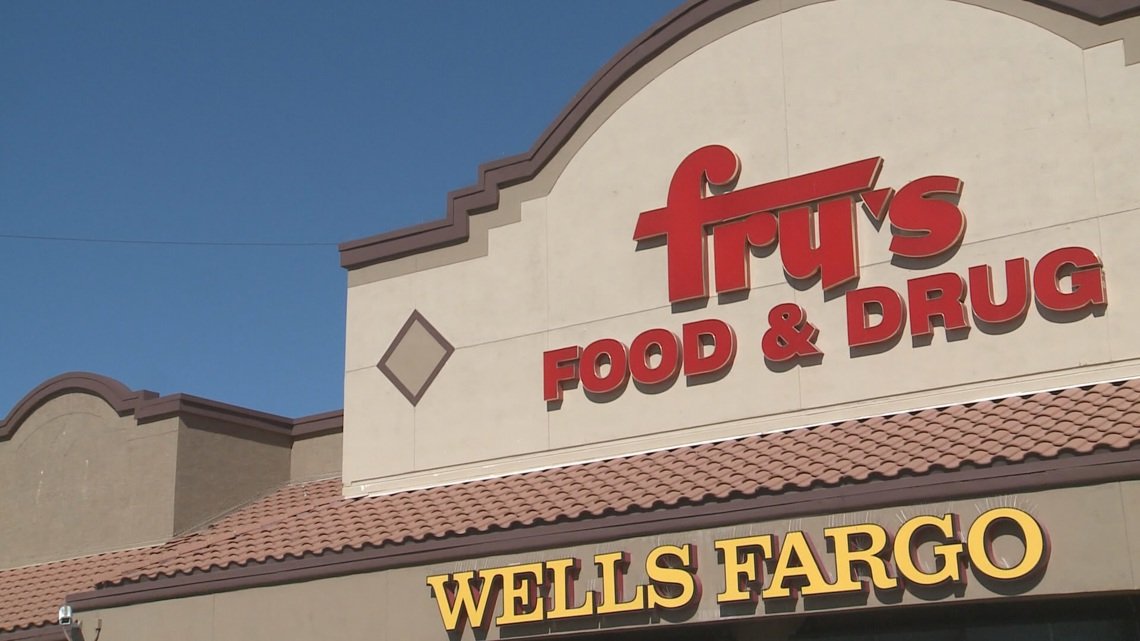
The largest proposed grocery merger in U.S. history, involving Kroger and Albertsons, is now facing legal scrutiny as it heads to court. This proposed merger, first unveiled in 2022, is designed to bolster both chains against competitors like Costco.
However, antitrust regulators from the Federal Trade Commission (FTC) are raising concerns. They argue the merger could lessen competition, which may lead to higher grocery prices amidst ongoing food price inflation. A federal district court judge in Portland, Oregon, will hear arguments beginning Monday, with a ruling on a preliminary injunction expected to influence the merger’s future.
Kroger operates 2,800 stores across 35 states, utilizing brand names such as Ralphs and Harris Teeter. Albertsons, with its 2,273 stores in 34 states, includes brands like Safeway and Jewel Osco. Together, they are responsible for the employment of approximately 710,000 individuals.
So why are Kroger and Albertsons pursuing this merger? They assert that the $24.6 billion deal would allow them to negotiate better prices with suppliers and combine their store brands. Their aim is to counter the significant market share held by Walmart, which commands about 22% of U.S. grocery sales. In contrast, the merged company would possess around 13% market control.
On the regulatory side, the FTC contends that the merger would harm consumers by reducing competition, which might lead to increased prices and decreased service quality. The federal lawsuit includes the support of attorneys general from multiple states, indicating widespread concerns about the deal’s implications.
If the merger is approved, Kroger and Albertsons have committed to divesting 579 stores, primarily in competitive markets. C&S Wholesale Grocers, a New Hampshire-based distributor, is expected to acquire these stores. Initially planning to sell off 413 locations, the companies modified their approach due to FTC feedback, now focusing on areas like Washington, Colorado, and California for store divestitures.
The court’s decision on the preliminary injunction could set the stage for an extensive legal battle. Should the court side with the FTC, Kroger and Albertsons are likely to launch an appeal, and the merger might face prolonged legal hurdles that could ultimately sway public perception and business strategy.
Conversely, if the ruling favors the companies, the FTC may choose to challenge that decision, although such appeals typically face significant hurdles. Additionally, other states like Colorado and Washington have initiated separate lawsuits to block the merger, underscoring regional stakes in the case.
As the hearing unfolds, the outcome could reshape the landscape of grocery retail in the United States, illustrating the delicate balance between corporate growth and regulatory oversight.
